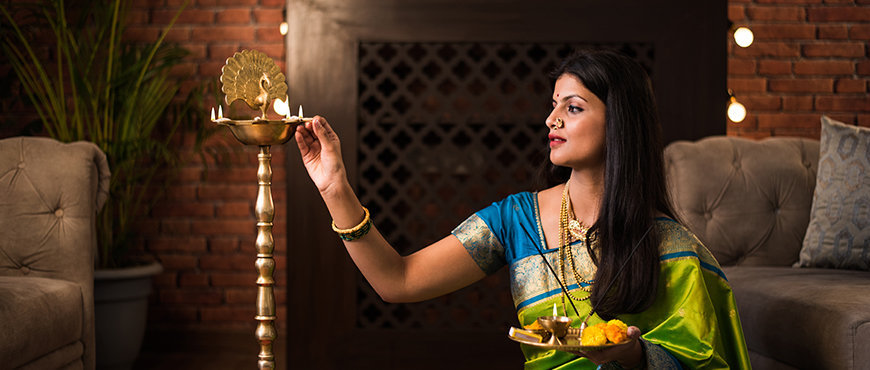The Importance Of Every Ingredient On The Diwali Pooja Thali
Diwali, one of the biggest festivals in India, has a great history attached to it. Prayers, food, and gifts are essential to Diwali celebrations.
Read on to know more about the significance of this festival and the rituals attached to it.
Diwali is an auspicious occasion that marks the beginning of a new year according to the Hindu calendar.
According to Ramayana, the Hindu epic, this was the day Lord Rama returned home after his 14 years of renunciation.
But unlike the regular new year celebration, we commemorate Diwali with a special pooja according to Hindu traditions and culture. This pooja is a Hindu ritual that is said to bring prosperity, wellness, wealth, and happiness to our lives and homes.
Hence every part of the pooja/prayers is supposed to signify something important. One of those things is the Diwali Pooja Thali.
The thali is filled with a number of ingredients that have different cosmic elements. We’re going to list all the ingredients in the pooja thali set and discuss the importance of all of them.
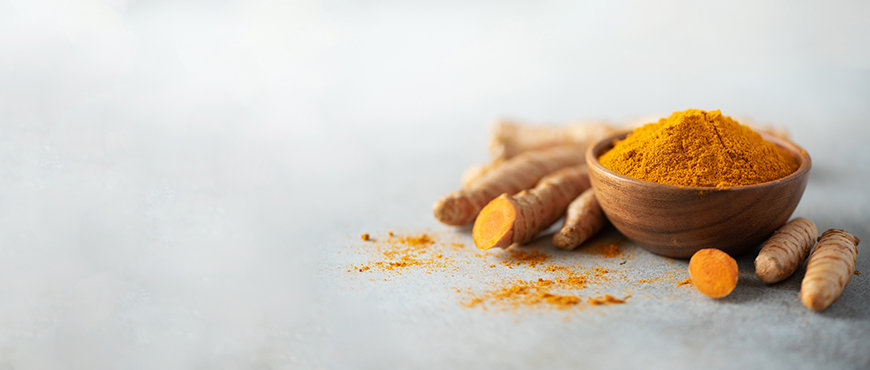
We’ve always known turmeric to be a very healthy spice that has several benefits. That’s why it’s one of the most common spices you can find in an Indian household.
It’s not just used for cooking, but also consumed with milk as a healthy beverage. Indians have also been using turmeric as a powdered ointment for wounds.
That’s is because this spice has antiseptic properties that help it heal faster. Hence, it is considered pure and auspicious in the Hindu religion.
That is the very reason it’s also an important part of the Diwali Pooja Thali. According to the Hindu traditions, we add organic turmeric to the pooja thali to ward off all the negative energy.
It is supposed to be applied on the forehead.
Kumkum:
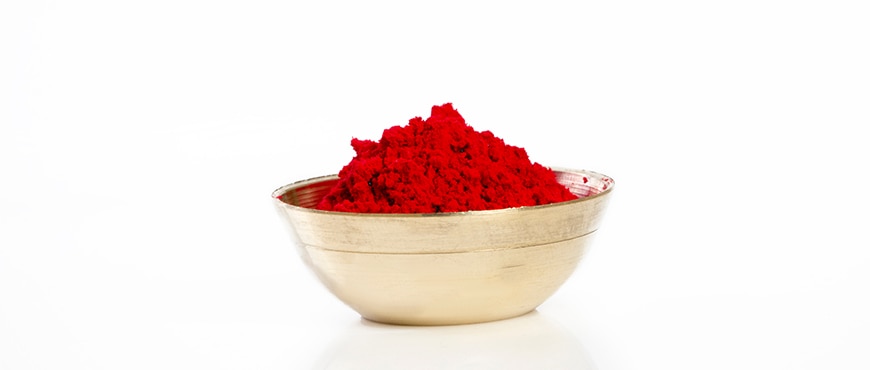
Kumkum is a holy powder that is associated with Hindu female Gods and is considered very auspicious due to its color.
Kumkum is usually used as a mark of blessing, purity, and good fortune. It is applied to one’s forehead after prayers, and on something new purchases (new beginnings or inaugurations).
Women also apply kumkum (sindoor) on their temple as a symbol of their marriage. Its red color is associated with holy rituals and celebrations in the Hindu culture. This makes it an important part of every pooja.
Fresh Flowers:
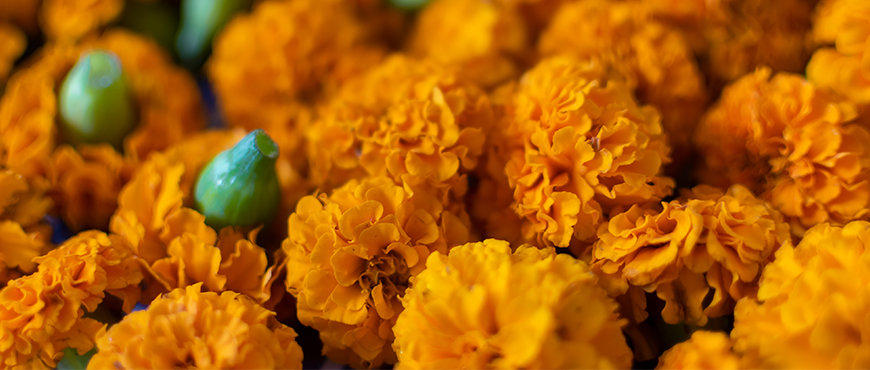
There are a number of reasons a Diwali Pooja Thali has flowers on it. Firstly, they make the thali look beautiful. The colors have every pooja auspicious and like a celebration of new beginnings.
Their fragrance plays an important part in the pooja as they provide a pleasant atmosphere.
And according to Hindu literature, Gods and Goddesses themselves used flowers during celebrations and rituals. They used fresh flowers to worship the eternal power that blesses us all.
Whole Rice Grains:
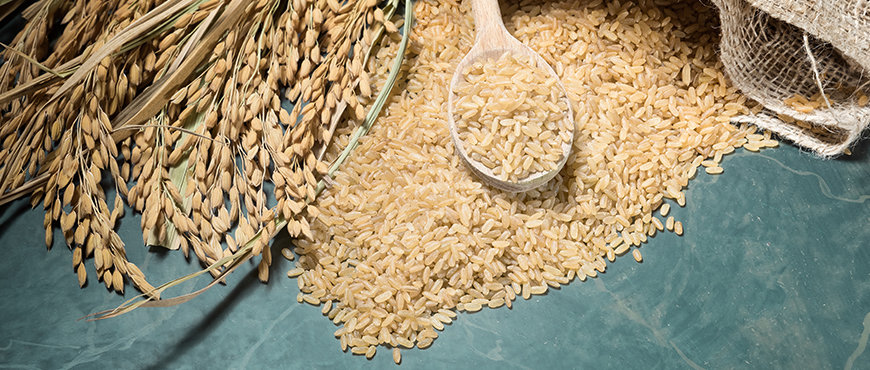
Generally, for poojas, the rice is coated with the red of Kumkum to indicate that the grains are to be used for celebrations and a better future. They can also be added to the thali without the coating of Kumkum.
In such cases, you apply the rice on top of the wet Kumkum on the forehead to end up with the same result as colored rice.
As we have learned, every ingredient used in the Diwali Pooja Thali has a particular significance.
Now the ingredients listed above are what you will find in every pooja thali all across India.
Gather all these ingredients for your pooja thali this Diwali and arrange a beautiful pooja for a prosperous new year. Happy Diwali!

